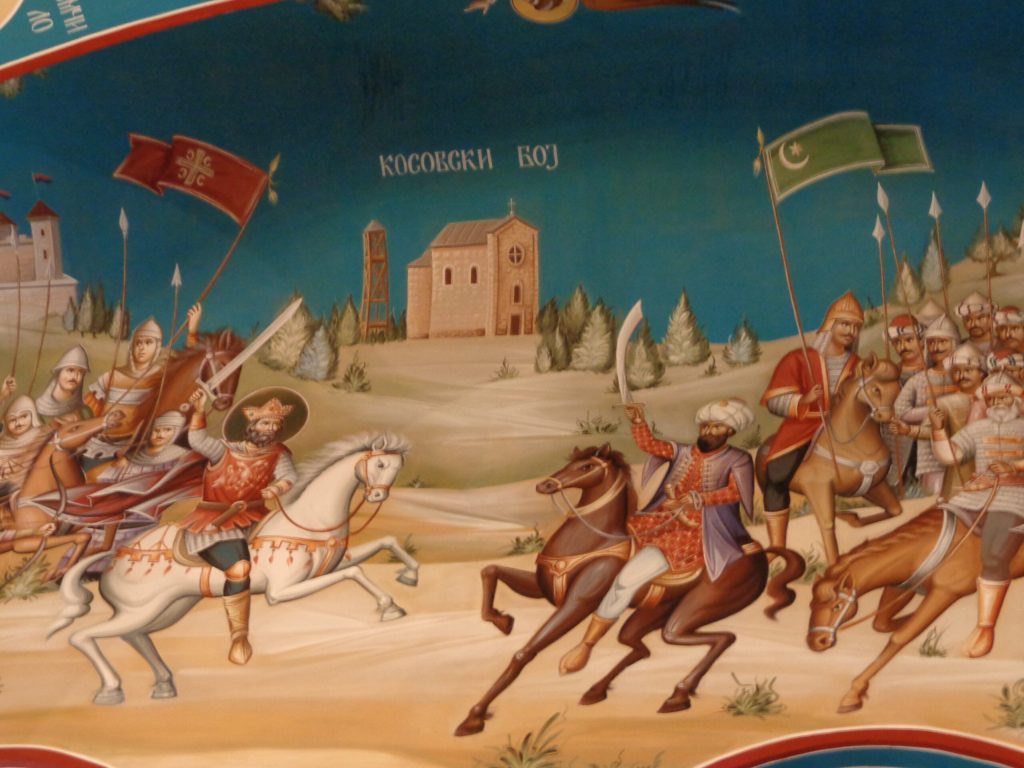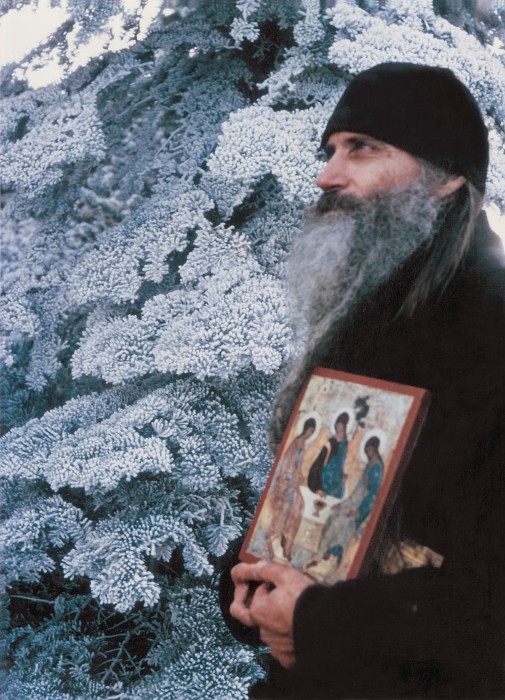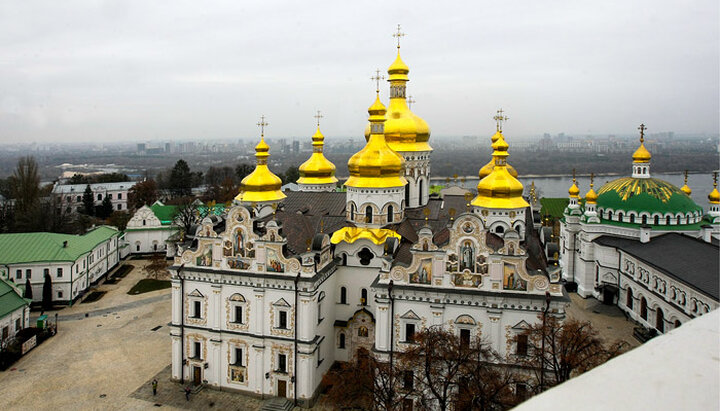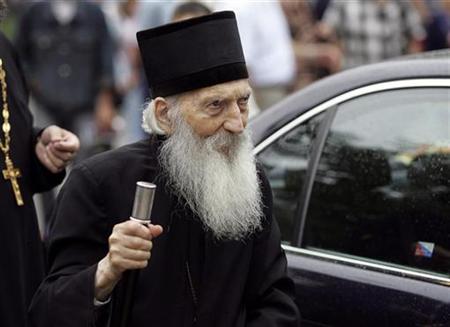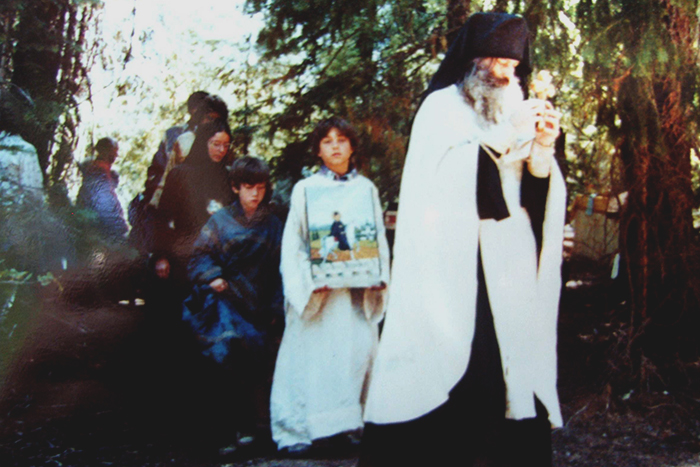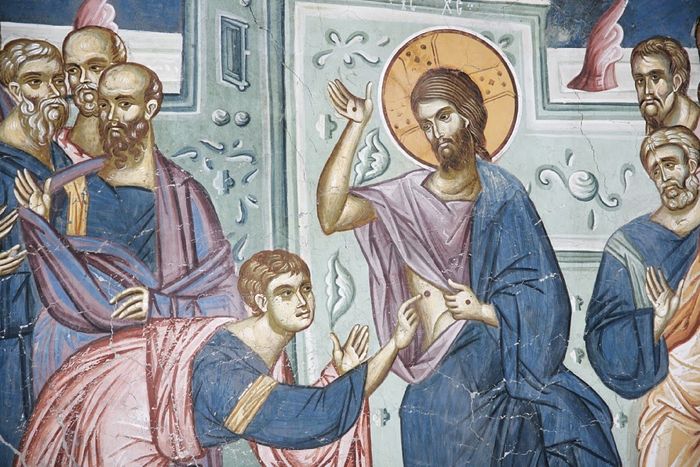Our whole modern outlook is to look below to find the causes, the secondary causes. The whole Christian outlook is to look above, and that is why such people as St. Gregory as we can see by reading their writings and their lives—are constantly cheerful. This does not mean that they are overly happy, but rather that they are in a state of deep happiness, because they are constantly looking above and keeping in mind, with determination and constancy, to get to a certain place, which is heaven, and thus they see all the details in the world in that light. If what they see has to do with evil, with the nets of demons, with worldliness, with boredom, with discouragement, or just with ordinary details of living, all that is secondary and is never allowed to be first. In fact, we are told by the Holy Fathers that we are supposed to see in everything something for our salvation. If you can do that, you can be saved.
In a pedestrian way, you can look at something like a printing press which does not operate. You are standing around and enjoying yourself, watching nice, clean, good pages come out printed, which gives a very nice sense of satisfaction, and you are dreaming of missionary activity, of spreading more copies around to a lot of different countries. But in a while it begins to torture you, it begins to shoot pages right and left. The pages begin to stick and to tear each other on top. You see that all those extra copies you made are vanishing, destroying each other, and in the end you are so tense that all you can do is sort of stand there and say the Jesus Prayer as you try to make everything come out all right. Although that does not fill one with a sense of satisfaction (as would watching the nice, clean copies come out automatically), spiritually it probably does a great deal more, because it makes you tense and gives you the chance to struggle. But if instead of that you just get so discouraged that you smash the machine, then you have lost the battle. The battle is not how many copies per hour come out: the battle is what your soul is doing. If your soul can be saving itself and producing words which can save others, all the better; but if you are producing words which can save others and are all the time destroying your own soul, it’s not so good.
Continue reading →

